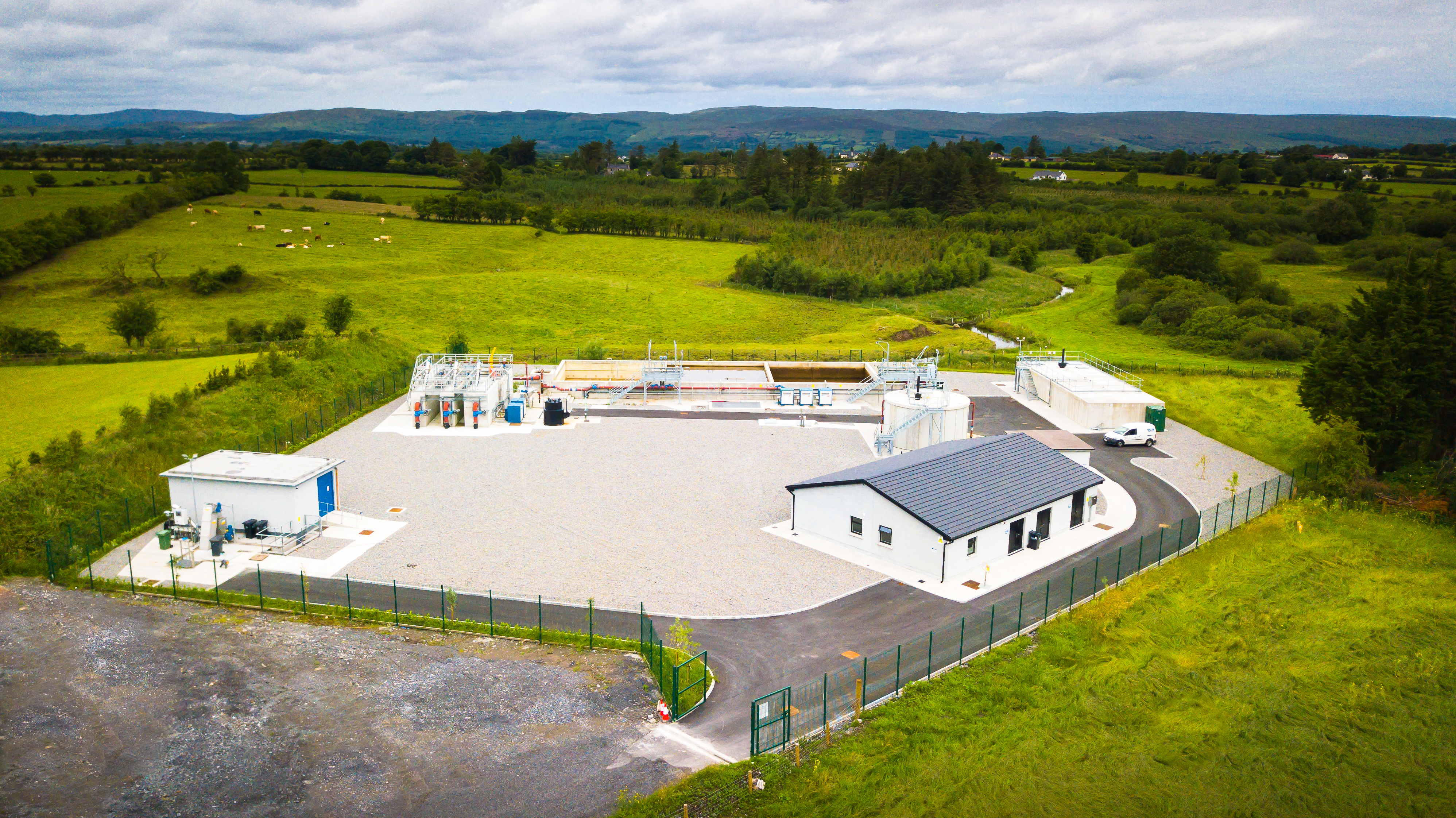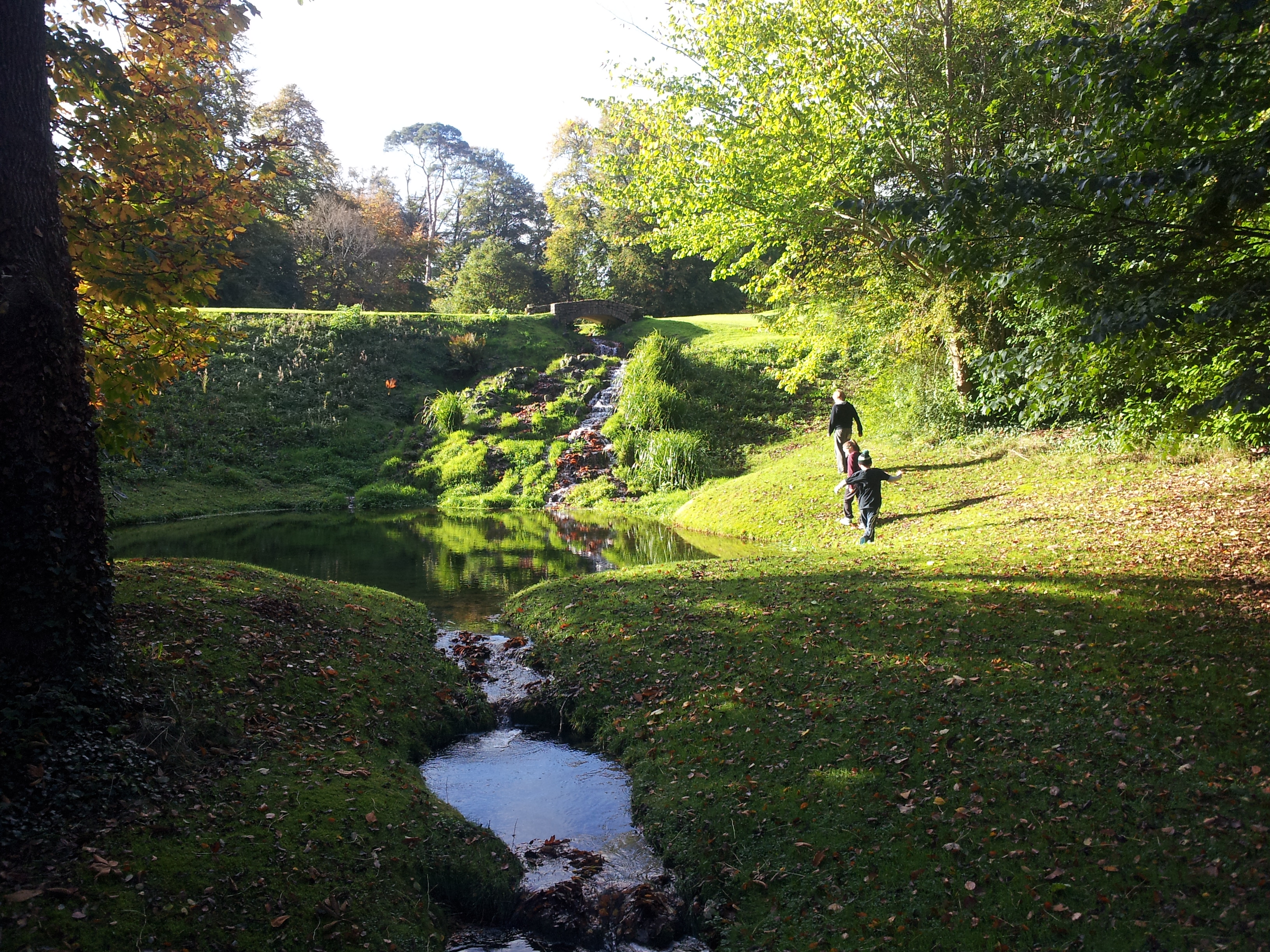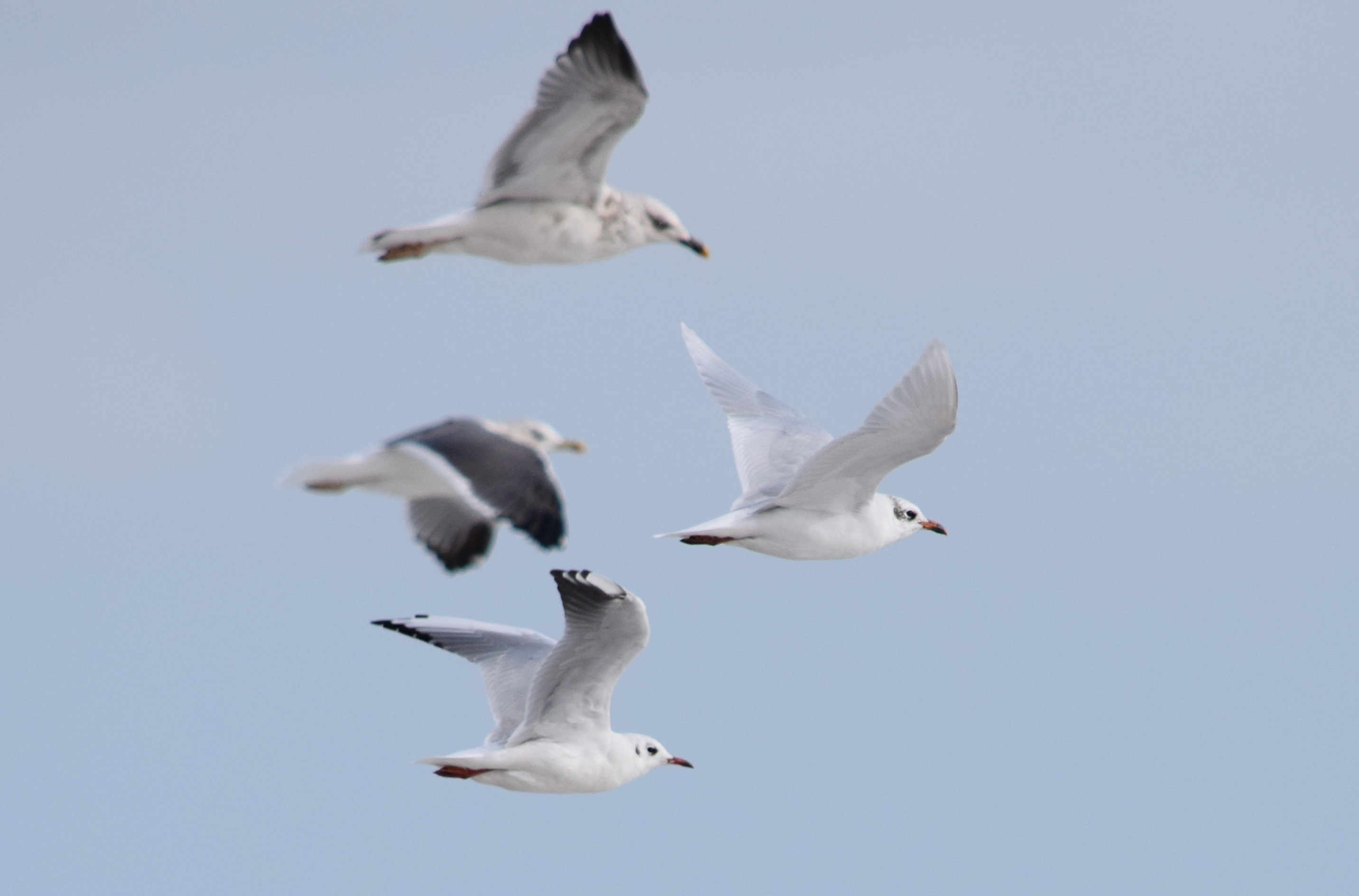Make a complaint to your local council
Your local council will investigate your complaint. If your complaint is about an EPA regulated site, the council will pass on your complaint to us.
Call the National Environmental Complaints Line (NECL)
Tel: 1800 365 123, open 24-hours, 7-days per week.
Use the 'See It? Say It!' smartphone app
Apple iPhone: Download from the Apple App Store
Android smartphone: Download from the Android Play Store
Contact your local council directly
Find contact details for your local authority.
Make a complaint to Irish Water
Irish Water manages and delivers public drinking water and waste water services in Ireland.
Contact Irish Water if you wish to complain about these areas.
Irish Water
Tel: 1800 278 278
Email: operations@water.ie
Web: www.water.ie/contact
If you are unhappy with the response you get from Irish Water or if your issue remains, contact us in the EPA. Include the Reference Number Irish Water gave you, if possible.
Make a complaint to the EPA
Online complaint form
Submit a environmental complaint to the EPA online.
Note: To report environmental damage under the Environmental Liability Regulations, use the same online complaint form provided above.
Telephone
EPA Headquarters: 053 916 0600
LoCall: 0818 33 55 99
Both are 24-hour/seven days per week
This may incur varying charges depending on your mobile provider
If you call the EPA outside of normal business hours (9am to 5pm, Monday to Friday excluding Bank Holidays), you will reach our out-of-hours service.
Please follow the instructions to leave a message which will be reviewed on the next working day or, if the matter is an environmental emergency, it will be assessed that day by an EPA officer.
Email address
Email: info@epa.ie
Postal address
Environmental Protection Agency
PO Box 3000
Johnstown Castle Estate
County Wexford
Y35 W821
Contact the EPA about the performance of your local council

When you report an environmental issue to your local council, they will investigate the matter and take the appropriate action to address it. Where appropriate they will keep you informed of progress and will let you know when they have concluded their investigation and corrective actions.
If the local council has not addressed the problem in a reasonable period, or if you are not satisfied that the problem has been properly investigated, you may lodge a complaint with the EPA make a complaint to the EPA:
You should provide details about:
- the nature, duration and impact of the problem
- your interactions directly with the operator/source of the problem (if any)
- your communications with your local council (for example, correspondence, emails, records of your contacts)
- any progress made to date.
The EPA will review the local council performance of their environmental duties:
- If we determine that the local council has done what the law requires of them, then we will close the file.
- If we decide the local council has not performed its duties adequately, we will consider further actions. These may include issuing legal notices or directing the local council to carry out certain actions for the purposes of environmental protection.
We will inform you if we close the file or if we decide to take further action.
Remember, the EPA will not become involved until the local council has first been given an opportunity to investigate your complaint.





